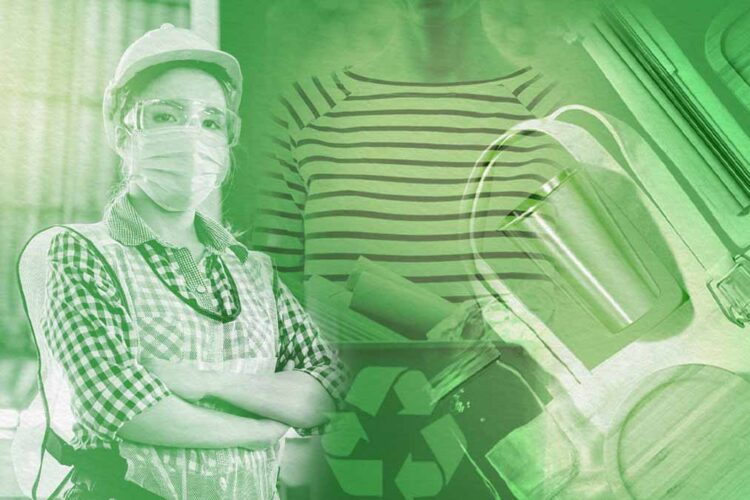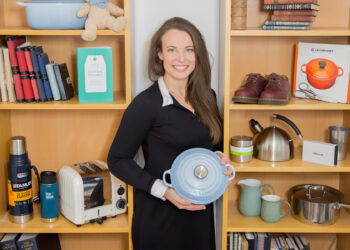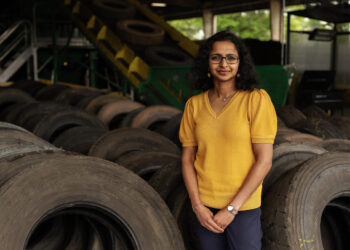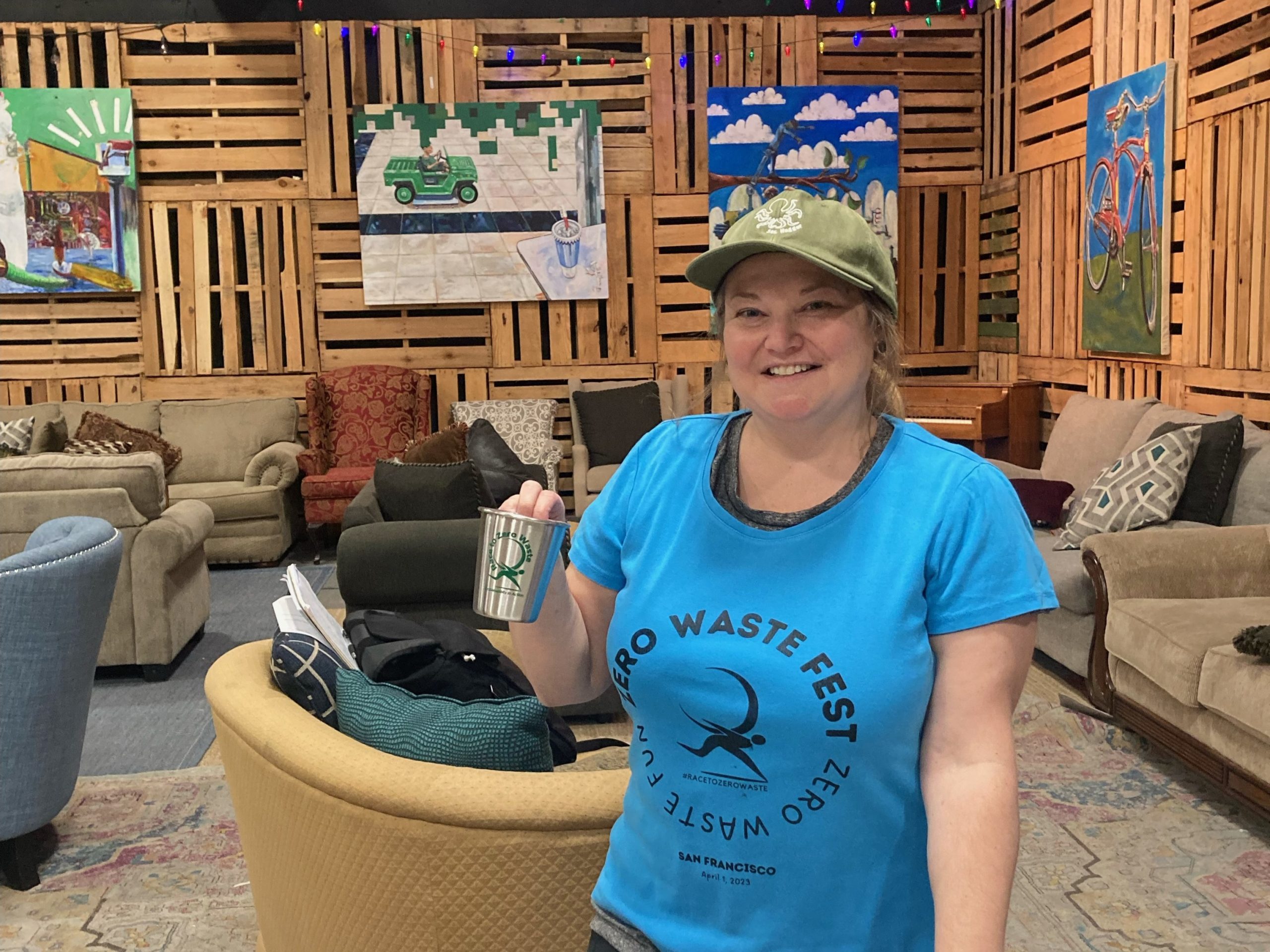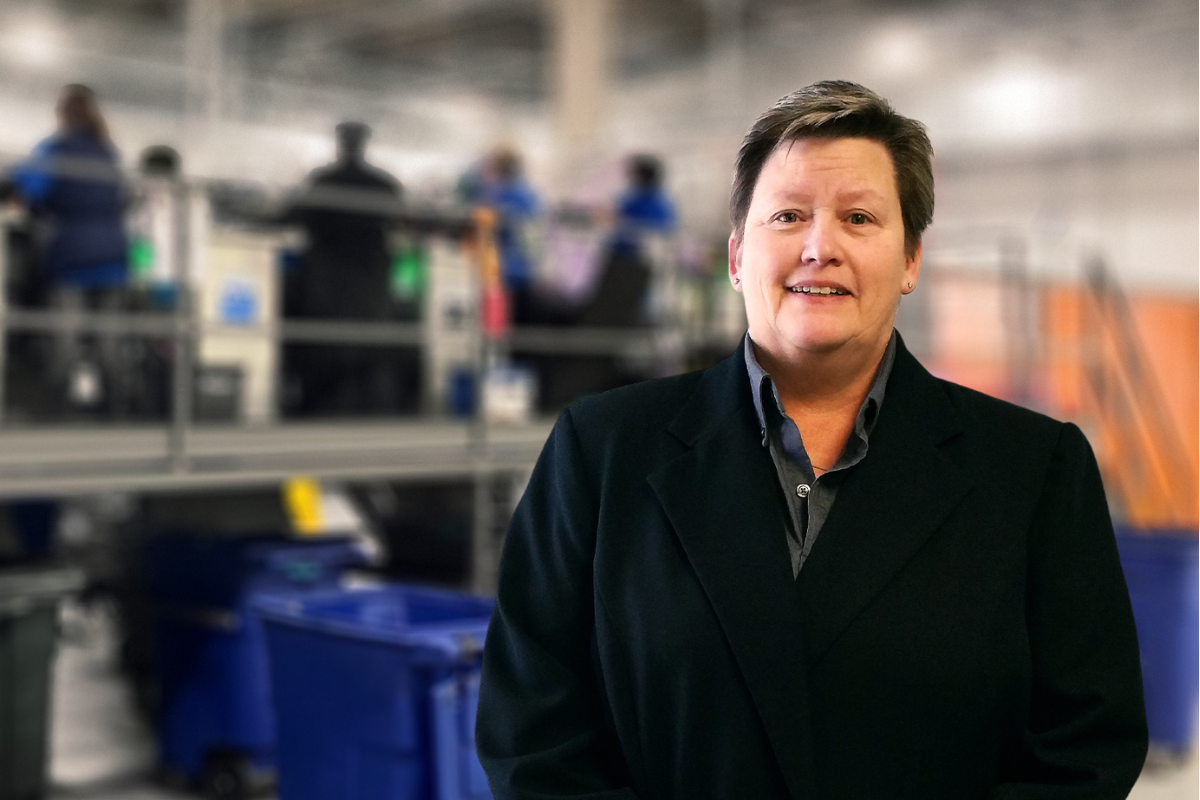A warm welcome back to “Women in Circularity,” where we shine a light on women moving us toward a circular economy. This month, I connected with an environmental professional who specializes in reimagining solutions for materials management: Melissa Young. Melissa is the director of Resource Conservation Initiatives at the Syracuse University Center for Sustainable Community Solutions. The center provides capacity-building support to state and local governments, nonprofits and private sector firms that help improve environmental infrastructure. She has more than 15 years of experience in the circular economy.
How has your professional journey evolved?
My career in sustainable materials management (SMM) was neither planned nor was it a straight path. I’ve heard many stories about others’ journeys to working in SMM. Most started with something else until we experienced a point of resistance to accepting wasteful consumption and chose a different path.
For me, I graduated from the SUNY College of Environmental Science and Forestry (ESF) with a focus on social science and unsure of potential work opportunities. I landed a job working with rural leaders in central and upstate New York on water and sustainable food issues. I was inspired by my supervisor to learn about materials management and connect with industry leaders. Shortly after, I attended my first New York State Association for Reduction, Reuse and Recycling (NYSAR3) conference, and it was there that I quickly learned this was the industry for me.
The people I met were passionate and grounded, and the more I learned about the problems of waste, the more I discovered my personal mission – to cultivate environmental stewardship and empower people to initiate SMM initiatives in their local communities. Joining the board of NYSAR3 and chairing its Women in Reduction, Reuse, Recycling and Rethinking Strategies for Managing Materials Committee (W4R) has also been incredibly inspiring for me as I learn how others approach their changemaking work.
Who are your stakeholders, and how does your work benefit them?
Our stakeholders vary depending on the project, so I focus on our Recycle Right NY (RRNY) campaign. RecycleRightNY.org is NY’s first-of-its-kind statewide recycling website dedicated to helping people easily access recycling-related information, interactive tools, downloadable resources and more.
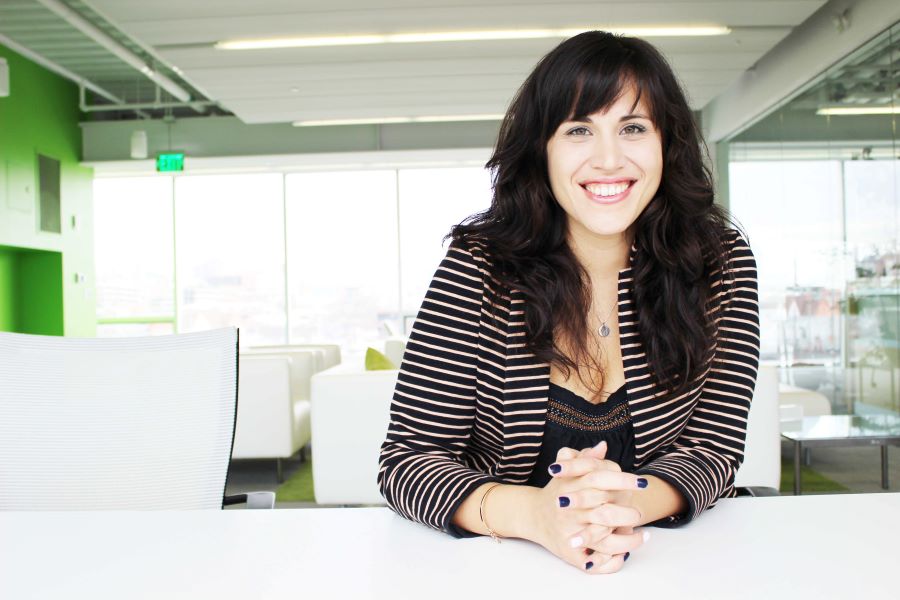
Our key stakeholders for this program are municipal staff and industry professionals, as well as New York State residents. With all stakeholders, we strive to provide clear messaging to help them better understand recycling and/or how to convey the value of materials as a resource. We provide training and clear, locally informed messaging, graphics and videos for them to share with their constituents. The benefit is that we are creating a community hub for the latest information on how best to deal with unwanted materials in a way that benefits our environment and society as a whole.
Has there been a recent project you worked on that you found particularly fulfilling?
One of the most fulfilling projects I work on with my team is our SMM Stewardship Program based in New York and Puerto Rico. This program offers college students the opportunity to learn fundamental principles of SMM. Upon completing our educational sessions, students act as ‘SMM Stewards’ by conceptualizing and implementing hands-on projects that allow them to integrate these practices into schools, organizations and businesses in their local communities.
Our stewards focus on a variety of high-priority materials including traditional recyclables, organics, single-use plastics, textiles, electronics and more. Through this program, students deepen their understanding of SMM, apply theoretical knowledge from the classroom, develop leadership skills and gain professional experience.
Many of our stewards become our teachers, because they have the finger on the pulse of their communities’ needs and help us learn how to best work with them. Interest in this program has drastically increased over the years, and we hope to find more partners to help us expand the program.
Why do you think large institutions are taking steps to expand their environmental commitments?
I think large institutions have come around to the fact that a strong economy does not happen without strong ecosystems and that the circular economy is taking us back to nature. Reconnecting people to nature and realizing our interconnectedness with our surrounding environment is core to thriving communities, and therefore our work and everything we do.
Do you have a book recommendation others may find engaging?
I’m currently reading “Resisting Garbage: The Politics of Waste Management in American Cities” by Lily Baum Pollans. This book is fascinating! Through excellent storytelling, it dives deep into the history of how two cities became either defiant or compliant to the influence of the ‘weak recycling waste regime’ and what it means for a community to resist by implementing more upstream solutions. Part of what is so exciting about my work with W4R is that through storytelling, we connect influential people, like Lily, to our members, which inspires a close network of professionals who share ideas and work together on more sustainable solutions.
MaryEllen Etienne is the creator of “Women in Circularity.” Etienne works on the Market Transformation and Development team for the U.S. Green Building Council. She has over 20 years of experience in sustainability and is a champion of the circular economy.













